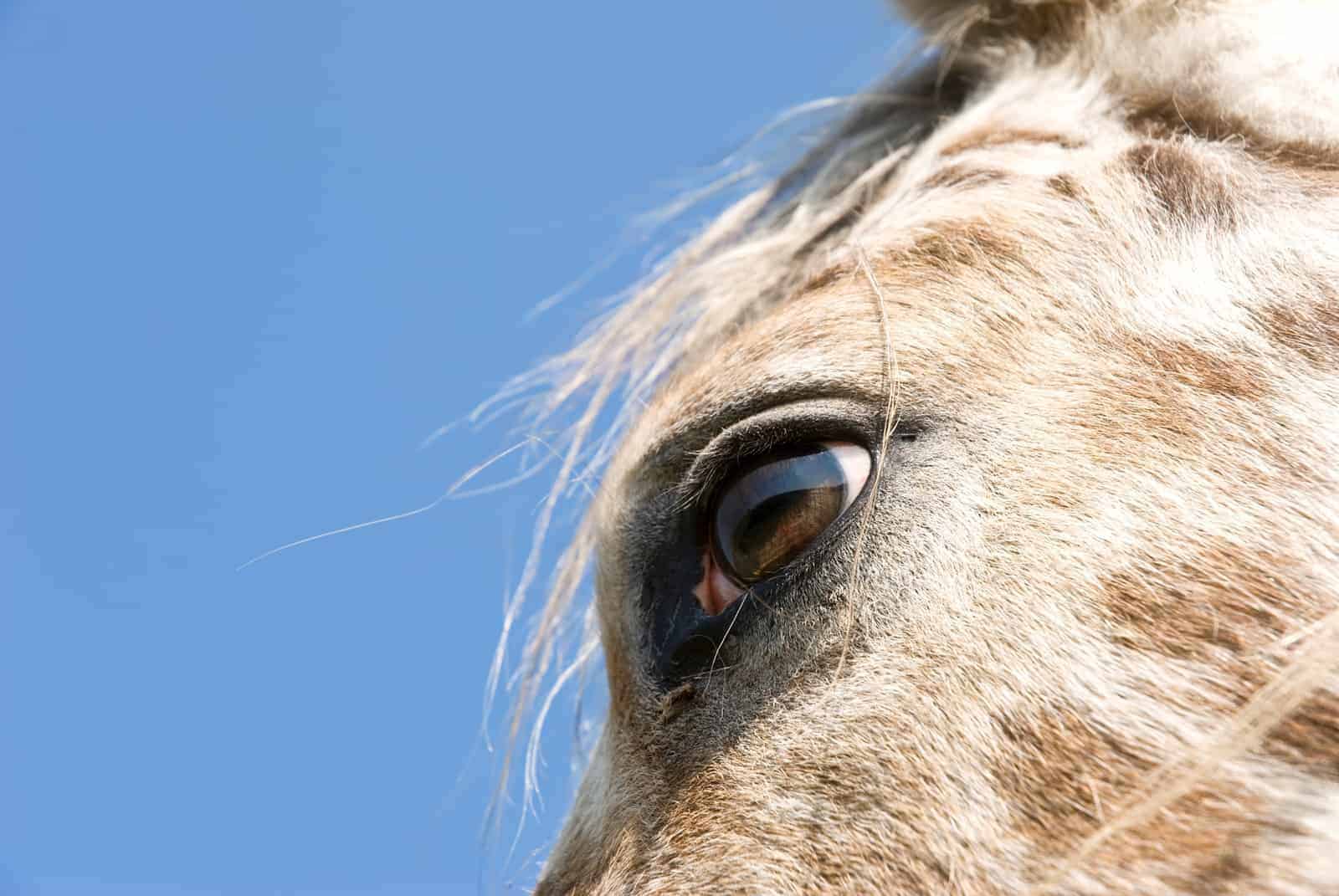Antibiotic Eye Injections Halt Lepto-Related Equine Recurrent Uveitis

Stopping some forms of equine recurrent uveitis might soon be as easy as … sticking a needle in the eye.
Intravitreal (directly into the vitreous, the jellylike part of the eye behind the lens) injections might sound unpleasant. When performed correctly, however, veterinarians can diffuse low doses of the potent antibiotic agent gentamicin into the eye to halt the destruction caused by repetitive bouts of uveitis, said German researchers.
Effective only in cases of leptospirosis-related uveitis, the local injection of low-dose gentamicin is a promising, low-cost alternative to surgical removal of the vitreous—a procedure known as vitrectomy, said André Kleinpeter, Dr.Med.Vet, of the Tierklinik Alt Sammit regional referral equine hospital for northeastern Germany
Create a free account with TheHorse.com to view this content.
TheHorse.com is home to thousands of free articles about horse health care. In order to access some of our exclusive free content, you must be signed into TheHorse.com.
Start your free account today!
Already have an account?
and continue reading.

Written by:
Christa Lesté-Lasserre, MA
Related Articles
Stay on top of the most recent Horse Health news with











